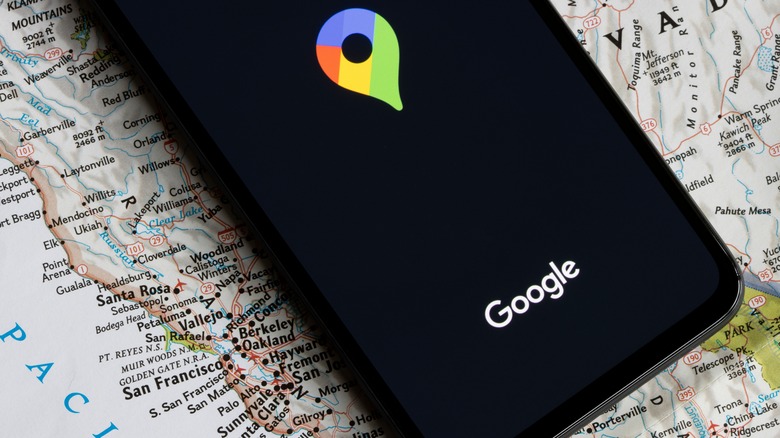Google Tipped To Pay Nearly $400m In Android Location Tracking Settlement
Google has agreed to pay a sum of $391.5 million to settle a privacy lawsuit brought by the attorneys general of 40 states over deceptive location tracking tactics, the Oregon Department of Justice has announced. In 2018, an Associated Press investigation revealed that Google continued to collect location data from Android and iOS devices even after users had turned off the location access setting on their phones. The report mentioned that Google keeps a log of location data even if the Location History in Google Maps was turned off.
To actually turn off location tracking, users need to dig through the Web and App Activity section, which has location logging enabled by default when you set up a Google account. This setting allows Google to keep geolocation markers even if on-device location tracking was disabled. The worst part is that turning off the Web and App Activity system from the Google accounts settings isn't really a straightforward process that every Google service user knows.
For years Google has prioritized profit over their users’ privacy. They have been crafty and deceptive.
We are proud to have led the largest consumer privacy settlement in the U.S. history
Details here: https://t.co/zToTG3DH7W
— Ellen Rosenblum (@ORDOJ) November 14, 2022
In response to the investigation, a coalition of 40 states led by Oregon filed a lawsuit against Google for not properly disclosing its location data collection practices and using alternate pathways for compiling a location activity profile. Of course, this data was used by the company to improve its own services, but more importantly, in the hands of third parties, it was leveraged for ad targeting without much transparency.
Penalty today, penance tomorrow
The settlement, which is said to be "the largest attorney general-led consumer privacy settlement ever," will have the company paying around $14 million to the state of Oregon for leading the charge. Aside from deceiving users about tracking their whereabouts since 2014, Google was also targeted for confusing them so they can't fathom the true extent of location tracking and turn it off easily.
"For years Google has prioritized profit over their users' privacy. They have been crafty and deceptive," Oregon Attorney General Ellen Rosenblum was quoted as saying regarding Google's conduct. In the wake of the settlement, Google has also been ordered to be more upfront about its location tracking, clearly informing users about the true impact of disabling a certain geolocation logging feature.
In addition to it, the company has been asked to make relevant changes that will make "key information about location tracking unavoidable" for users. Finally, Google will also come up with a dedicated dashboard called Location Technologies, which will disclose the full scope of location tracking, what happens to that data, which other entity has access to it, and more. These controls will be widely rolled out in 2023.

